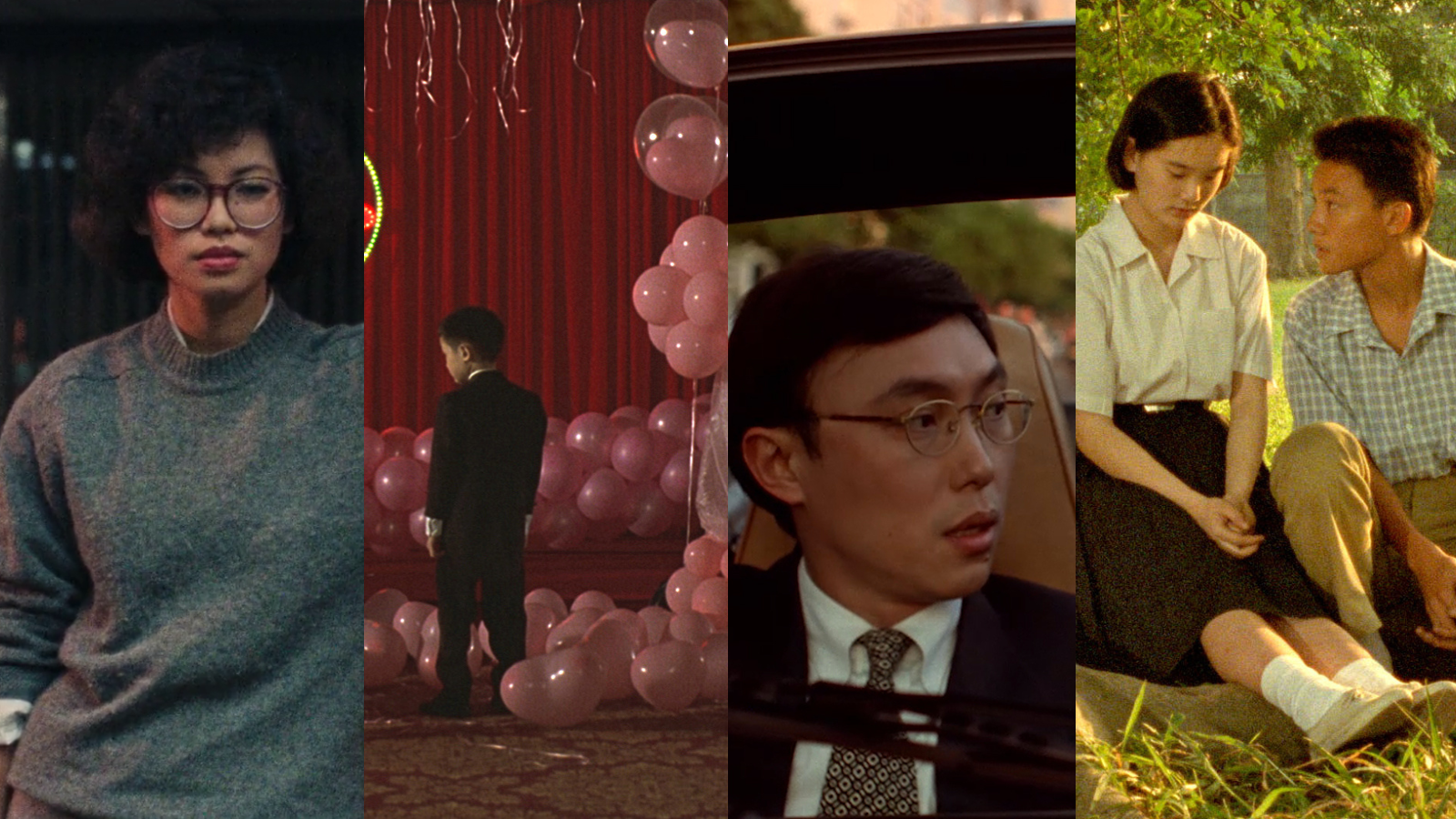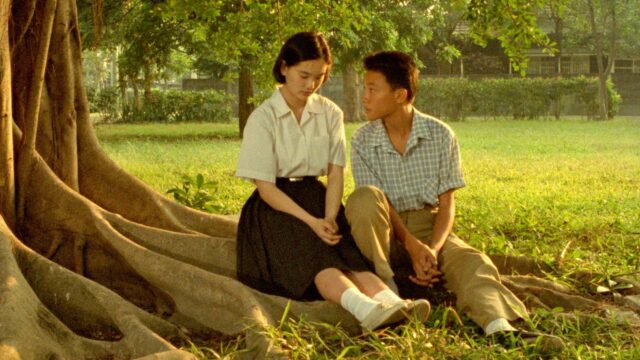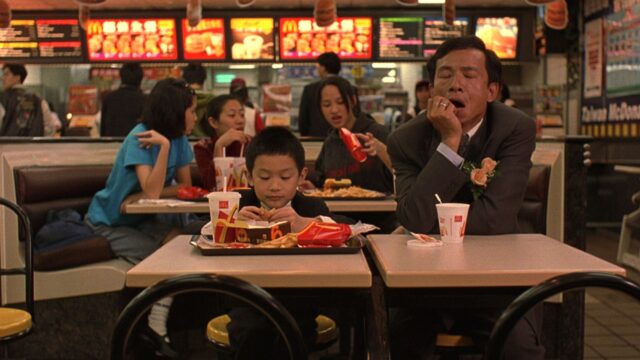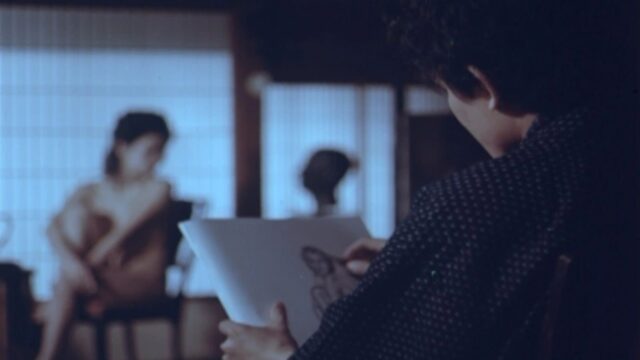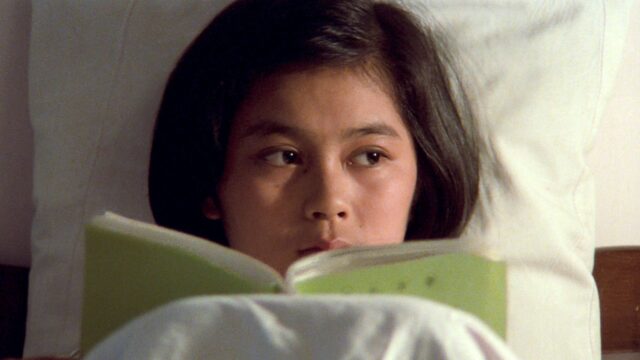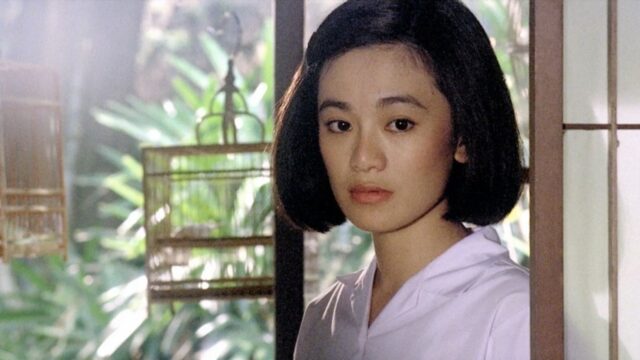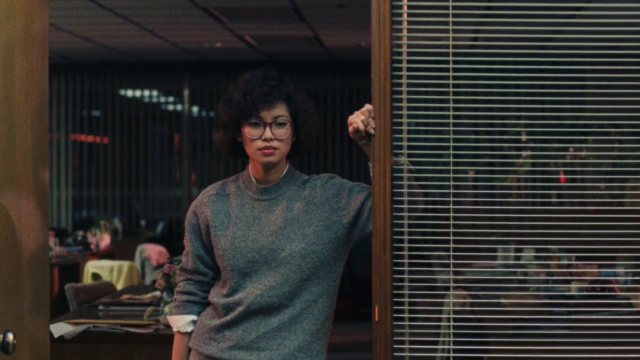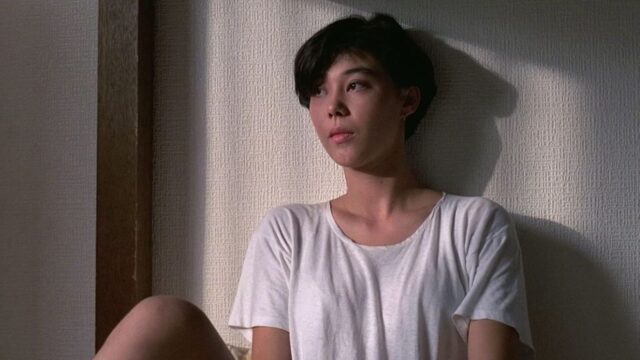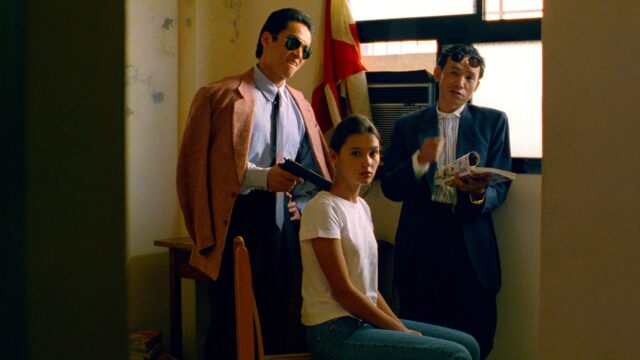Desire/Expectations: The Films of Edward Yang
Tickets
A Brighter Summer Day and Yi Yi return to FLC theaters April 17-25!
The films of Edward Yang (1947–2007) were among the first to capture the ethos of Taiwan’s rapid modernization—particularly Taipei urbanites adjusting to their global city’s ever-evolving zeitgeist—even as they exhibited a novelistic field of vision that superseded time and place. Born in Shanghai and brought to Taiwan by his family in 1949 after the end of the Chinese Civil War, Yang emerged in the early 1980s as a leading figure of the ascendant Taiwanese New Wave with his contribution to the seminal anthology film In Our Time (1982). He remained a cinematic guiding light of his country’s first postwar generation up to his magnum opus, Yi Yi (2000, NYFF38). Grounding his films in a realist aesthetic—perhaps partly owed to his formal training as a computer engineer—Yang gracefully responded to the world’s changes across seven expansive features, each one notable for their sprawling, unconventional narrative structures, effortlessly precise compositions, and largely nonprofessional casts that expressed a heartfelt, near-omniscient understanding of life on the small island nation. Likening any one of his films to a “very intimate letter to a very good friend,” Yang defined the intricacies of interpersonal relationships (among different generations and classes) with a depth of storytelling and intimacy of style that call for multiple viewings to parse.
The retrospective is occasioned by brand-new restorations of two of Yang’s rarely screened works: Mahjong (1996, NYFF34), whose new 4K restoration will have its world premiere as part of the series; and A Confucian Confusion (1994), which was both an NYFF32 Main Slate selection and an NYFF60 Revivals selection. Well overdue for a rerelease, Yi Yi (2000, NYFF38), Yang’s final and most renowned film, will receive multiple screenings throughout the series. In addition to the groundbreaking anthology In Our Time (1982), which revitalized Taiwanese narrative cinema in the 1980s and includes Yang’s first work made for theatrical release, other highlights include several of Yang’s seldom-screened films: That Day, on the Beach (1983), his first theatrical feature film and one of the greatest debuts of the 20th century; The Winter of 1905 (1982), directed by Yu Wei-cheng from Yang’s sensitive script; and Yang’s unfinished animated martial arts film The Wind (2002–2005), whose production was halted after his death.
These films, in addition to Yang’s widely beloved works such as A Brighter Summer Day (1991), Taipei Story (1985), and Terrorizers (1986), offer audiences the rare chance to experience on the big screen the breadth of Yang’s work and his trajectory as an artist, from a screenwriter to his theatrical debut as a director to the projects leading up to his death that remain unfinished but hint at what could have been. The series comes more than a decade after the last retrospective of Yang’s work in New York, which was also presented by Film at Lincoln Center in 2011.
Presented with the support of Janus Films. Organized by Florence Almozini and Tyler Wilson.
Acknowledgements:
Kaili Peng and Kailidoscope Pictures; Taiwan Film and Audiovisual Institute
A Brighter Summer Day
4K Restoration
A deeply personal epic comparable in scope and impact to The Godfather movies and Sergio Leone’s Once Upon a Time in America, Edward Yang’s extraordinary memory film stretches tautly over four hours of screen time and more than 100 speaking parts.Yi Yi
The Winter of 1905
In Our Time + The Wind
2K Restoration
Edward Yang’s first work made for theatrical release, Expectations, was presented as the second short of this anthology film which revitalized Taiwanese narrative cinema in the 1980s and established a break from decades of rigidly conservative movies entrenched in the local industry. Screening with Yang's unfinished final work The Wind.That Day, on the Beach
2K Restoration
Edward Yang’s first theatrical feature film (which also marked the debut of the cinematographer Christopher Doyle) is a visually and emotionally arresting melodrama of fractured romance, disaffection, and the intergenerational breakdown felt across Taiwan in the 1980s.Taipei Story
4K Restoration
Framed in precisely calibrated compositions of urban anonymity and featuring a nonprofessional cast that Edward Yang hoped would reflect the city as he and friends experienced it firsthand, Taipei Story is a psychologically rich character drama realized through the prism of social critique.Terrorizers
2K Restoration
A complexly layered, self-reflexive puzzle film, Terrorizers is at once Edward Yang’s ultimate statement on the isolation of modern living and a road map through his own formidable creative process.A Confucian Confusion
New 4K Restoration
Though it signaled a shift in tone from his earlier, more dramatic films, the ambitious and incisive A Confucian Confusion finds Edward Yang once again searching for the soul of a country he no longer quite recognizes. An NYFF32 Main Slate and NYFF60 Revivals selection.Mahjong
World Premiere of New 4K Restoration
A screwball farce about the manipulation and lies baked into modern prosperity, Mahjong centers on a trendy nightspot in Taipei, where Edward Yang orchestrates the elaborate comings and goings of a raft of disparate characters. An NYFF34 Main Slate selection.Tickets on sale soon! $17 for the General Public; $14 for Students, Seniors, and Persons with Disabilities; and $12 for FLC Members.
Ticket Information
If logged in properly, you’ll be taken to the Calendar page after successfully entering your email and password. You should also see your email address appear at the top of the website. Once logged into your account:
– Select the first screening you wish to attend from any of film pages Calendar pages.
– After you’ve added all the tickets you wish to purchase to your cart, review your order and click “Check Out.”
– There is a 30-minute limit for your cart online. We recommend making more than one transaction if necessary so that you do not lose the tickets in your cart.
– Digital tickets are also accessible through your online account. After logging in, click Account in the upper left corner and then select Upcoming Events/Tickets.
In the event that advance tickets are no longer available, tickets will be issued on a standby basis. On the day of the screening or event, a standby line will form at the corresponding venue’s box office prior to showtime. Tickets may become available to the standby line on a first-come, first-served basis one (1) per customer.

